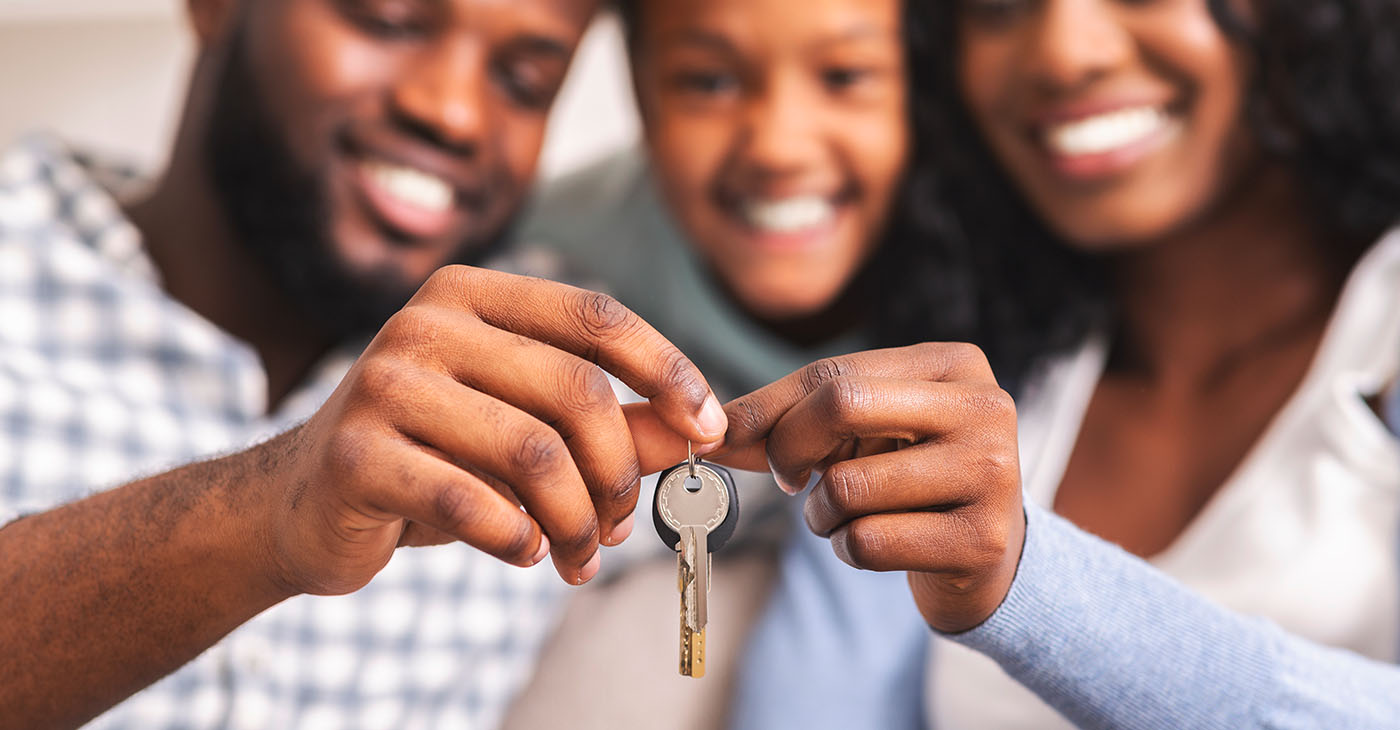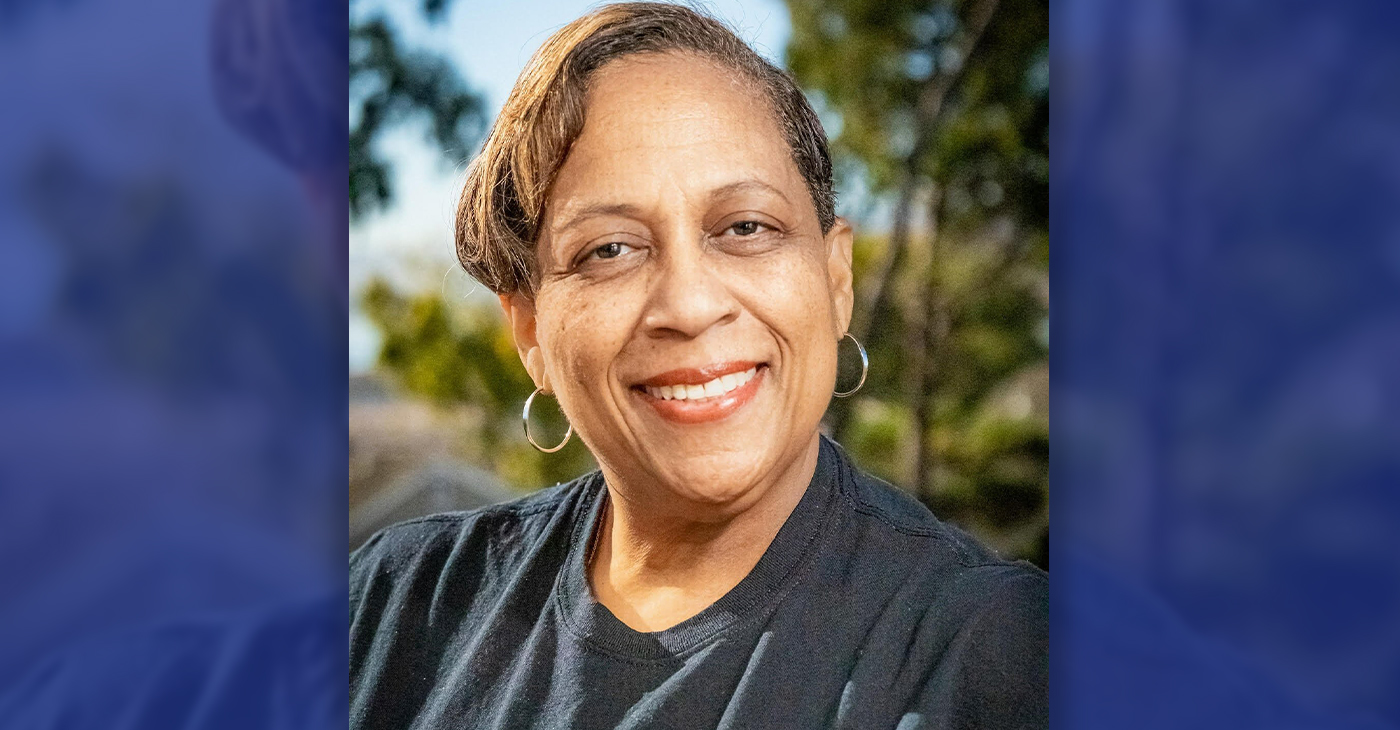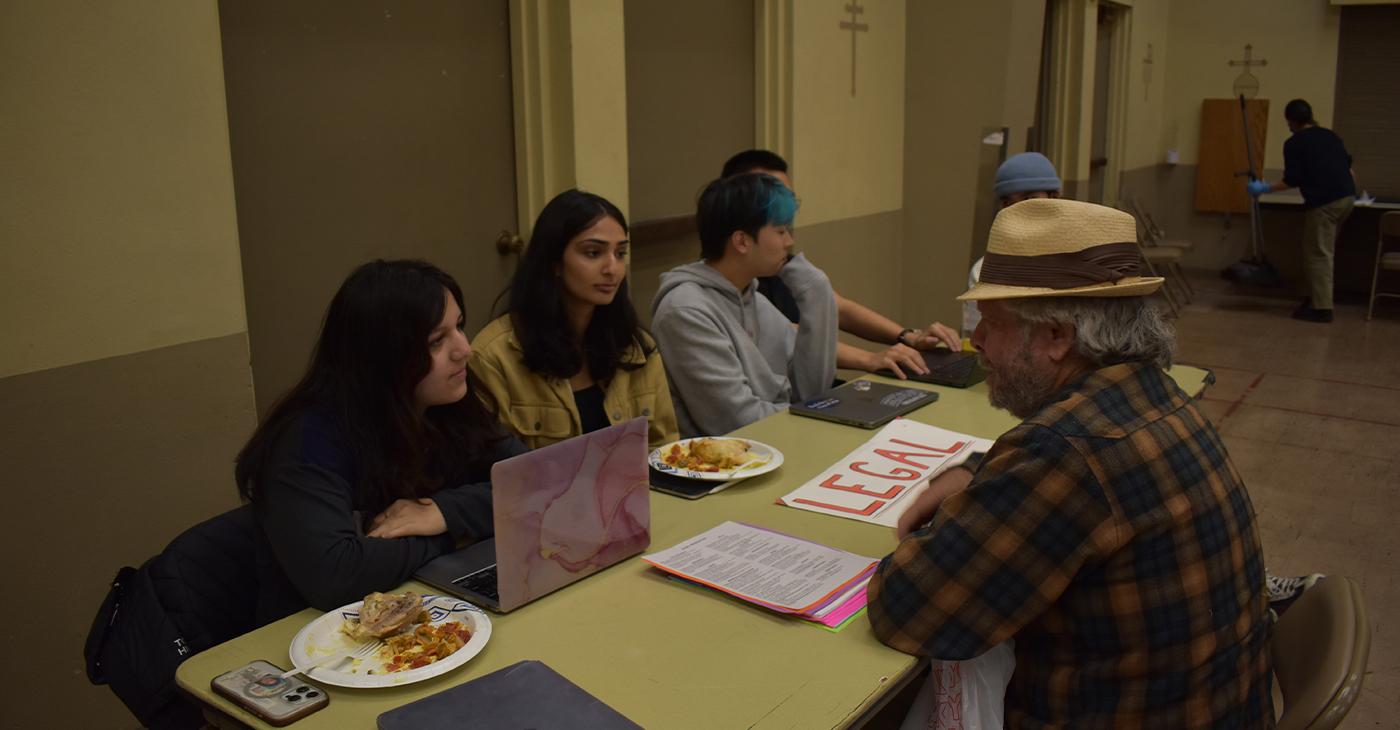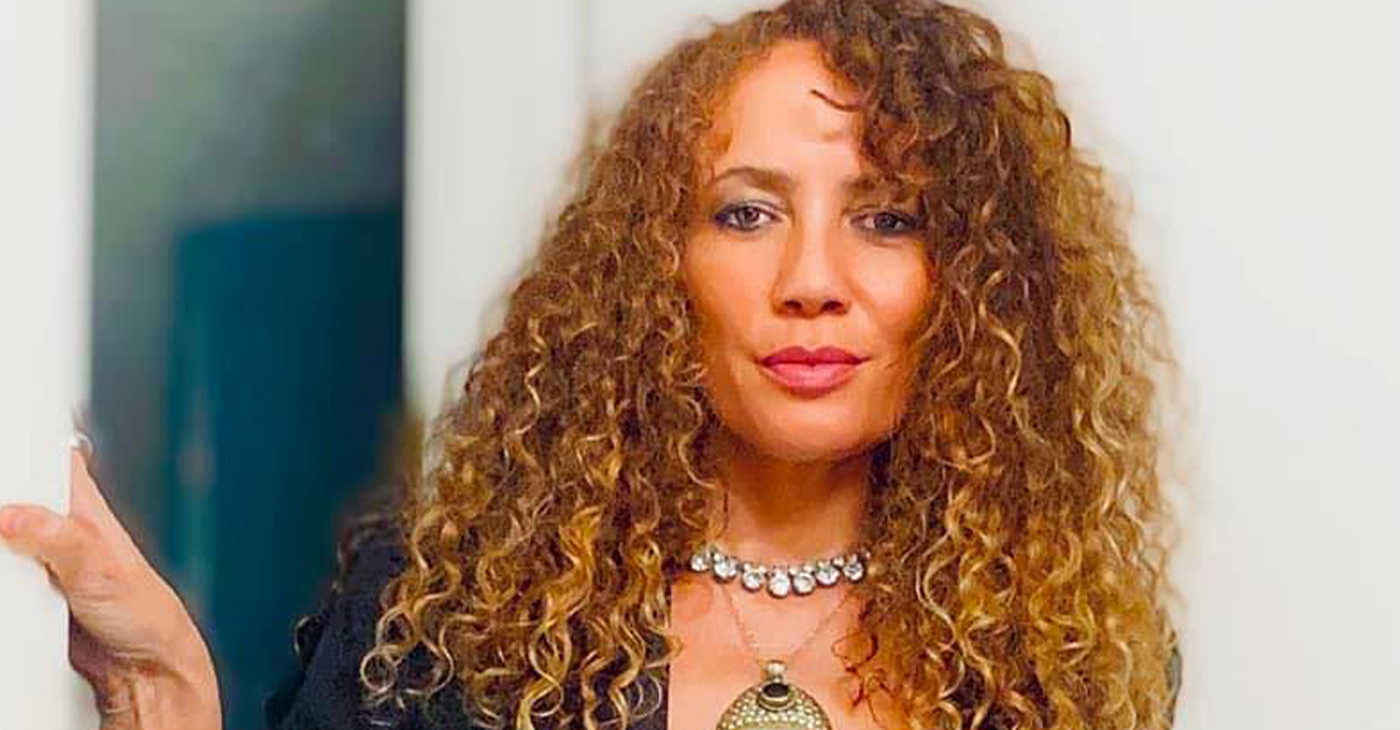Advice
Owning a Home: Guidance from Your Local Home Lending Advisor
Chase has developed a new role called “Community Home Lending Advisor,” which is designed to be in minority and low-to-moderate income communities. These are experts focused on local housing and down payment assistance programs and work closely with local housing nonprofits and other community organizations. To date, Chase has hired more than 100 Community Home Lending Advisors nationwide and will continue to expand.

Are you considering buying your first home, but unsure where to start? Purchasing a home is one of the biggest financial decisions a person can make, and the path to ownership may feel confusing for many first-time buyers. Thankfully, it doesn’t have to be. Chase bank can help you navigate the homebuying process, so getting the keys to your first home may be closer than you think.
Homeownership is more than just a dream for many Americans. In Chase Home Lending’s First-Time Homebuyer Study, 69% of respondents said they see homeownership as an important part of building wealth. The survey included more than 1,100 consumers who indicated that they are looking to purchase a home and are actively preparing to buy.
For Black communities, who have a significantly lower homeownership rate compared to other groups, the 2008 housing crisis and the COVID-19 pandemic continue to take a major toll. That’s why Chase is taking steps to play an active role in creating opportunities for minority communities, which includes offering affordable, low downpayment options with products and programs designed for Black families on their path to homeownership.
Dive in and uncover what you need to know about buying your first home, and how Chase can help make your dream a reality.
Working with a Home Lending Advisor
Chase’s Home Lending Advisors are responsible for helping you prepare for homeownership, find the financing solutions to fit your needs, and get all of the down payment/housing assistance for which you may qualify. Home Lending Advisors work very closely with many first-time homebuyers, helping them navigate this process for the first time. They also help customers who are looking to refinance, or who might be upsizing or downsizing their current home. Chase and its Home Lending team start by looking at each customer’s full financial picture in order to make the best recommendation for your successful path to homeownership. From prequalification to closing, we’re here to offer guidance, support and expertise along the way.
Applying for Home Loans
A few basic things first-time buyers should understand before starting this process are:
- Prepare your finances: Buying a home can be a big financial undertaking, which is why it will be important for you to get your finances in good shape. This involves things like continuing to pay bills on time, not taking on new debt and strengthening your credit score, which can help you secure a lower interest rate on your home loan. Chase is making it easier for customers to build up their credit score by supporting Project REACh, a program that increases chances of approval for applicants who have traditionally lacked access, so they can take that very first step.
- Plan for your down payment: It’s a well-known fact that you will most likely need to put money down up front to purchase a home. However, it’s a myth that you must put 20% down. Every case is different, and there are a variety of mortgages available that may require as little as 3% down, such as the Chase DreaMaker. There may also be local programs that could help with down payments and closing costs. It’s always a good idea to start saving, but it’s also important to get familiar with what products and assistance might be available to you. You can connect with a Home Lending Advisor to get started.
- Get pre-qualified: As you begin your homebuying journey, you should know upfront how much home you can afford. Getting pre-qualified through a lender like Chase allows you to see what you may be eligible for, and it also shows sellers and real estate agents that you’re a serious and competitive buyer.
Acknowledging the Resources Available to You
Chase’s Homebuyer Grant program offers up to $5,000 for eligible customers to help with closing costs and down payment assistance when buying a home in more than 6,700 minority communities nationwide. The Chase DreaMaker mortgage offers down payments as low as 3% and reduced mortgage insurance.
Chase also developed a new role called “Community Home Lending Advisor,” which is designed to be in minority and low-to-moderate income communities. These are experts focused on local housing and down payment assistance programs and work closely with local housing nonprofits and other community organizations. To date, Chase has hired more than 100 Community Home Lending Advisors nationwide and will continue to expand.
Getting Started Today
For those starting their journey toward homeownership, Chase’s financial goals hub is a great starting point. You start by picking a goal, which could be saving or building credit, and exploring advice, offerings and tools to help you track toward it and achieve it. The Grow Your Savings page, for example, offers an interactive calculator that maps out a timeline to reach savings goals and highlights how the Autosave tool can help you manage a regular savings schedule to stay on track and meet your goals. There are other great resources, too, like budget worksheets to monitor and track monthly spending, guidance on using the Credit Journey tool to build and protect credit, as well as background on low-cost checking accounts designed for those who have had trouble getting or keeping an account in the past.
Knowing When to Buy
Buying a home can be exciting, but it can also come with a lot of stress. Learning as much as you can about the homebuying process is the best thing you can do before you start shopping for properties or comparing mortgage options. Other questions you should consider before buying a home include:
- Do you have a steady income to rely on?
- How much home can you afford?
- Have you picked a location where you want to stay long-term?
- Are you comfortable managing debt?
If you think you’re ready to take the next step in purchasing a home, reach out to learn more about the tools, resources and capital available to help make your homeownership dream a reality.
Sponsored content from JPMorgan Chase & Co
Activism
Life After Domestic Violence: What My Work With Black Women Survivors Has Taught Me
Survivors sometimes lack awareness about the dynamics of healthy relationships, particularly when one has not been modeled for them at home. Media often minimizes domestic abuse, pushing the imagery of loyalty and love for one’s partner above everything — even harm.

By Paméla Michelle Tate, Ph.D., California Black Media Partners
It was the Monday morning after her husband had a “situation” involving their child, resulting in food flying in the kitchen and a broken plate.
Before that incident, tensions had been escalating, and after years of unhappiness, she finally garnered enough courage to go to the courthouse to file for a divorce.
She was sent to an on-site workshop, and the process seemed to be going well until the facilitator asked, “Have you experienced domestic abuse?” She quickly replied, “No, my husband has never hit me.”
The facilitator continued the questionnaire and asked, “Has your husband been emotionally abusive, sexually abusive, financially abusive, technologically abusive, or spiritually abusive?”
She thought about how he would thwart her plans to spend time with family and friends, the arguments, and the many years she held her tongue. She reflected on her lack of access to “their money,” him snooping in her purse, checking her social media, computer, and emails, and the angry blowups where physical threats were made against both her and their children.
At that moment, she realized she had been in a long-suffering domestic abuse relationship.
After reading this, you might not consider the relationship described above as abusive — or you might read her account and wonder, “How didn’t she know that she was in an abusive relationship?”
Survivors sometimes lack awareness about the dynamics of healthy relationships, particularly when one has not been modeled for them at home. Media often minimizes domestic abuse, pushing the imagery of loyalty and love for one’s partner above everything — even harm.
After working with survivors at Black Women Revolt Against Domestic Violence in San Francisco, California, I have learned a great deal from a variety of survivors. Here are some insights:
Abuse thrives in isolation.
Societal tolerance of abusive behavior is prevalent in the media, workplaces, and even churches, although there are societal rules about the dos and don’ts in relationships.
Survivors are groomed into isolation.
Survivors are emotionally abused and manipulated almost from the beginning of their relationships through love-bombing. They are encouraged or coerced into their own little “love nest,” isolating them from family and friends.
People who harm can be charismatic and fun.
Those outside the relationship often struggle to believe the abuser would harm their partner until they witness or experience the abusive behavior firsthand.
Survivors fear judgment.
Survivors fear being judged by family, friends, peers, and coworkers and are afraid to speak out.
Survivors often still love their partners.
This is not Stockholm Syndrome; it’s love. Survivors remember the good times and don’t want to see their partner jailed; they simply want the abuse to stop.
The financial toll of abuse is devastating.
According to the Allstate Foundation’s study, 74% of survivors cite lack of money as the main reason for staying in abusive relationships. Financial abuse often prevents survivors from renting a place to stay. Compounding this issue is the lack of availability of domestic abuse shelters.
The main thing I have learned from this work is that survivors are resilient and the true experts of their own stories and their paths to healing. So, when you encounter a survivor, please take a moment to acknowledge their journey to healing and applaud their strength and progress.
About the Author
Paméla Michelle Tate, Ph.D., is executive director of Black Women Revolt Against Domestic Violence in San Francisco.
Activism
A Student-Run Group Is Providing Critical Support Services to Underserved Residents
During his three years volunteering at the program, Resource Director Zain Shabbir, says he noticed that many of the people who come in do not know how to navigate social services support systems, particularly online. This knowledge deficit, Shabbir says, is due to age or limited exposure to technology.

Part 2
By Magaly Muñoz
Resource Director Zain Shabbir is a jack-of-all-trades at the Suitcase Clinic, a student-run resource center that provides health and other services to underserved residents of Berkeley and surrounding areas.
Shabbir was once a clinic director. Now, he manages the General Clinic, floating around when case managers need assistance. And he has big plans for a new initiative.
During his three years volunteering at the program, Shabbir says he noticed that many of the people who come in do not know how to navigate social services support systems, particularly online. This knowledge deficit, Shabbir says, is due to age or limited exposure to technology.
So, he teaches clients the basics of using email, writing in word documents, and backing up files to their phones.
Shabbir shared a story about an interaction he had with a woman who came in seeking help to create a template to message property owners and realtors as she was seeking housing. Until that point, the woman was composing separate messages to each listing she was interested in, and that process was taking up too much of her time. With Shabbir’s help, she created a standard template she could modify and use for each housing inquiry or application.
He’s also hoping to use the technology to help people create resumes to find jobs.
“[The intent] is to help people find work in the city or wherever they live — or help them find housing. As most are probably aware, the two really go together because for housing, you need income verification, and for a job you need housing,” Shabbir said.
Having a warm place to go and a hot meal may seem basic buy it is critical for people who are struggling, clinic leaders say.
Mark, a frequent attendee of the Tuesday clinic, told the Oakland Post that he’s been receiving services from the program for nearly 25 years.
Mark said he was able to receive a referral to dental care through the Clinic, which he’s been using for about 20 years now. He also utilized the chiropractor, a service that is no longer offered, for pain and aches he acquired over the years.
Many program participants say they visit the clinic now for services provided by Berkeley medical students, who rely on osteopathic care rather than traditional methods. Osteopathic medicine is a medical philosophy and practice that focuses on the whole person, rather than just symptoms.
Executive director Nilo Golchini said that many clinic patients tend to appreciate and trust this type of medicine over mainstream practices because of sub-standard care they have received in the past because they are homeless or poor.
Acupuncture is also an extremely popular station at the Clinic as well, with participants saying it “soothes and calms” them.
Attendees of the clinic are generally in happy spirits throughout the hours they’re able to interact with fellow residents. Some even participate in arts and crafts, moving from table to show their friends their new creations.
“It’s a program that’s going strong,” said Golchini. “There’s a space for everyone” who wants to volunteer or receive services, and they’ll keep going as long as the community needs it.
The Suitcase General Clinic is open every Tuesday from 6:30 to 9:30pm. Women’s and Youth Clinics are held every Monday from 6 to 9pm.
Activism
2024 in Review: Seven Questions for Frontline Doulas
California Black Media (CBM) spoke with Frontline Doulas’ co-founder Khefri Riley. She reflected on Frontline’s accomplishments this year and the organization’s goals moving forward.

By Edward Henderson, California Black Media
Frontline Doulas provides African American families non-medical professional perinatal services at no cost.
This includes physical, emotional, informational, psychosocial and advocacy support during the pregnancy, childbirth and postpartum period. Women of all ages — with all forms of insurance — are accepted and encouraged to apply for services.
California Black Media (CBM) spoke with co-founder Khefri Riley. She reflected on Frontline’s accomplishments this year and the organization’s goals moving forward.
Responses have been edited for clarity and length.
Looking back at 2024, what stands out to you as your most important achievement and why?
In 2024, we are humbled to have been awarded the contract for the Los Angeles County Medical Doula Hub, which means that we are charged with creating a hub of connectivity and support for generating training and helping to create the new doula workforce for the medical doula benefit that went live in California on Jan. 1, 2023.
How did your leadership and investments contribute to improving the lives of Black Californians?
We believe that the revolution begins in the womb. What we mean by that is we have the potential and the ability to create intentional generational healing from the moment before a child was conceived, when a child was conceived, during this gestational time, and when a child is born.
And there’s a traditional saying in Indigenous communities that what we do now affects future generations going forward. So, the work that we do with birthing families, in particular Black birthing families, is to create powerful and healthy outcomes for the new generation so that we don’t have to replicate pain, fear, discrimination, or racism.
What frustrated you the most over the last year?
Working in reproductive justice often creates a heavy burden on the organization and the caregivers who deliver the services most needed to the communities. So, oftentimes, we’re advocating for those whose voices are silenced and erased, and you really have to be a warrior to stand strong and firm.
What inspired you the most over the last year?
My great-grandmother. My father was his grandmother’s midwife assistant when he was a young boy. I grew up with their medicine stories — the ways that they healed the community and were present to the community, even amidst Jim Crow.
What is one lesson you learned in 2024 that will inform your decision-making next year?
I find that you have to reach for your highest vision, and you have to stand firm in your value. You have to raise your voice, speak up and demand, and know your intrinsic value.
In a word, what is the biggest challenge Black Californians face?
Amplification. We cannot allow our voices to be silent.
What is the goal you want to achieve most in 2025?
I really would like to see a reduction in infant mortality and maternal mortality within our communities and witness this new birth worker force be supported and integrated into systems. So, that way, we fulfill our goal of healthy, unlimited birth in the Black community and indeed in all birthing communities in Los Angeles and California.
-

 Activism2 weeks ago
Activism2 weeks agoWe Fought on Opposite Sides of the Sheng Thao Recall. Here’s Why We’re Uniting Behind Barbara Lee for Oakland Mayor
-

 #NNPA BlackPress3 weeks ago
#NNPA BlackPress3 weeks agoRev. Dr. Jamal Bryant’s Black Church Target Boycott Mobilizes 150,000
-

 Activism3 weeks ago
Activism3 weeks agoSan Francisco Is Investing Millions to Address Food Insecurity. Is Oakland Doing the Same?
-

 #NNPA BlackPress3 weeks ago
#NNPA BlackPress3 weeks agoRecently Approved Budget Plan Favors Wealthy, Slashes Aid to Low-Income Americans
-

 Activism2 weeks ago
Activism2 weeks agoFaith Leaders Back Barbara Lee for Mayor, Criticize Candidate Loren Taylor for Dishonest Campaigning
-

 Activism3 weeks ago
Activism3 weeks agoOakland Post: Week of March 12 – 18, 2025
-

 Activism2 weeks ago
Activism2 weeks agoGroup Takes First Steps to Recall District Attorney Diana Becton
-

 #NNPA BlackPress3 weeks ago
#NNPA BlackPress3 weeks agoPRESS ROOM: The Urban One Podcast Network Announces Los Angeles Wildfires Podcast, ‘Altadena: After the Fire’
























































